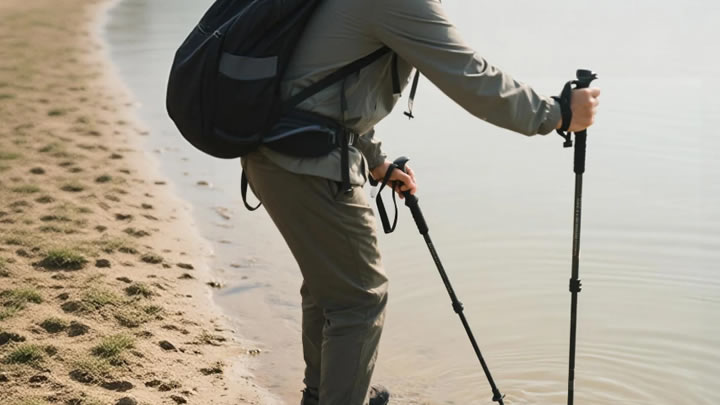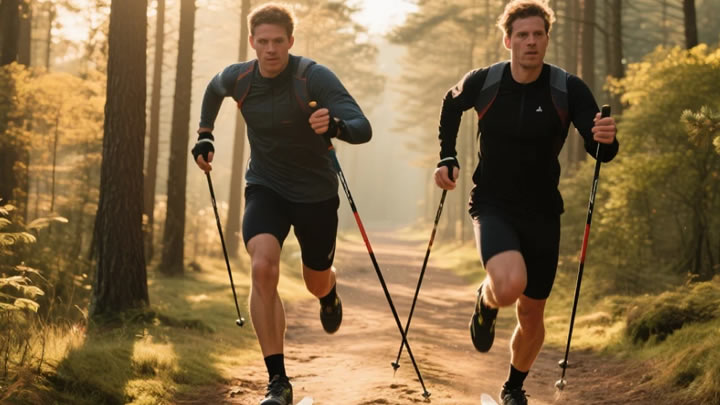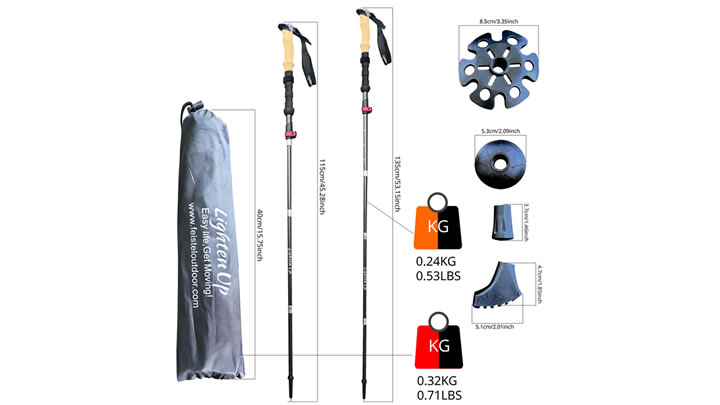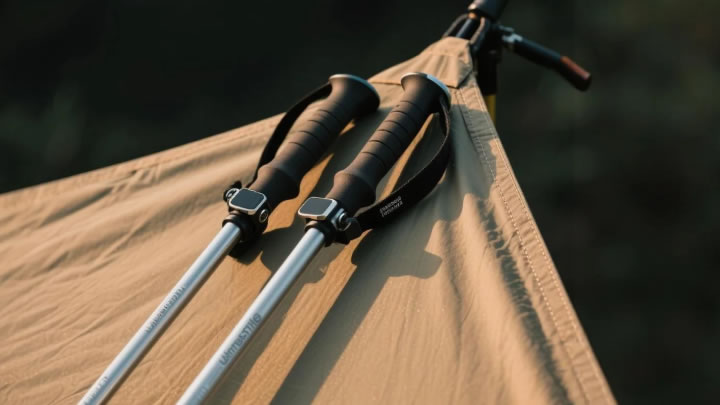How to minimize waste during camping trips?
Camping is a wonderful way to connect with nature, but it often comes with a significant environmental cost if waste isn't managed properly. Minimizing waste during camping trips not only helps protect the natural beauty of the outdoors but also ensures that future generations can enjoy the same pristine landscapes. By adopting some simple yet effective strategies, campers can make their adventures more sustainable and eco-friendly.

Pre-Trip Planning: The Foundation of Waste Reduction
Thoughtful planning before a camping trip is crucial for minimizing waste. Start by making a detailed packing list and only bring the essentials. Overpacking often leads to unused items that end up being discarded or left behind. Opt for multi-purpose gear, such as a sleeping bag that can be used in various temperature conditions or a cooking pot that can serve multiple functions.
When it comes to food, plan your meals carefully. Calculate the exact amounts you'll need to avoid overbuying and food waste. Choose foods with minimal packaging or opt for bulk items that you can store in reusable containers. Additionally, consider bringing reusable water bottles and filling them up at the campsite instead of relying on single-use plastic bottles.
Reusable vs. Disposable: Making the Right Choice
One of the most significant contributors to waste during camping trips is disposable items. While they may seem convenient, disposable plates, cups, utensils, and wipes generate a substantial amount of trash. Instead, invest in reusable camping gear. Stainless steel or bamboo utensils are durable, easy to clean, and a great alternative to plastic utensils. Reusable silicone or metal plates and cups can withstand the rigors of camping and reduce the need for disposable alternatives.
For cleaning, bring biodegradable soap and a washcloth instead of using disposable wipes. Biodegradable soap breaks down naturally in the environment, minimizing its impact on water sources and soil. And when it comes to personal hygiene products, look for eco-friendly options like bamboo toothbrushes and refillable containers for shampoo and conditioner.
Food Waste Management: From Planning to Disposal
Food waste is a common issue during camping trips. To minimize it, portion your meals accurately and encourage campers to finish what's on their plates. If there are leftovers, store them properly in reusable containers for later consumption or repurpose them into new meals. For example, leftover cooked rice can be used to make fried rice, and remaining vegetables can be added to a soup.
When it comes to food scraps, check the regulations of the campsite. Some areas allow for composting of food waste, which is an excellent way to return nutrients to the soil. If composting is permitted, create a simple composting system at your campsite. However, be sure to keep food scraps away from wildlife, as it can disrupt their natural feeding habits and pose a safety risk to both the animals and campers. In areas where composting isn't allowed, pack out all food waste and dispose of it properly in designated trash bins.
Leave No Trace Principles: Respecting the Environment
Adhering to the Leave No Trace principles is essential for minimizing waste and preserving the natural environment. These principles emphasize leaving the campsite as you found it or better. This means packing out all trash, including small items like wrappers and cigarette butts. Even biodegradable items, such as fruit peels, should be packed out in some areas to prevent attracting wildlife and to avoid altering the natural ecosystem.
When setting up your campsite, choose established areas to minimize damage to vegetation. Avoid trampling on sensitive plants and ecosystems. And when it's time to leave, make sure to clean up thoroughly, removing any signs of your presence. This includes disassembling any structures you built, such as 临时 shelters or fire rings, and restoring the area to its original state.
Recycling and Repurposing: Extending the Life of Your Items
During your camping trip, keep an eye out for recyclable materials. Many campsites have recycling facilities, so separate your recyclables from regular trash. This helps reduce the amount of waste that ends up in landfills. Additionally, look for ways to repurpose items. For example, empty food containers can be used for storing small camping gear or as makeshift bowls for snacks.
When it's time to replace old camping gear, consider donating it to outdoor organizations or second-hand stores instead of throwing it away. This gives the items a new life and reduces the demand for new products, ultimately minimizing waste.
In conclusion, minimizing waste during camping trips is not only a responsible choice but also an achievable one. By planning ahead, choosing reusable items, managing food waste, following the Leave No Trace principles, and recycling and repurposing, campers can enjoy their adventures while leaving a minimal impact on the environment. Let's all do our part to protect the great outdoors and ensure that it remains a beautiful and sustainable place for generations to come.






